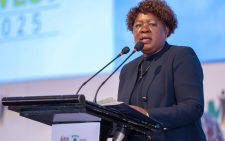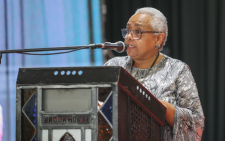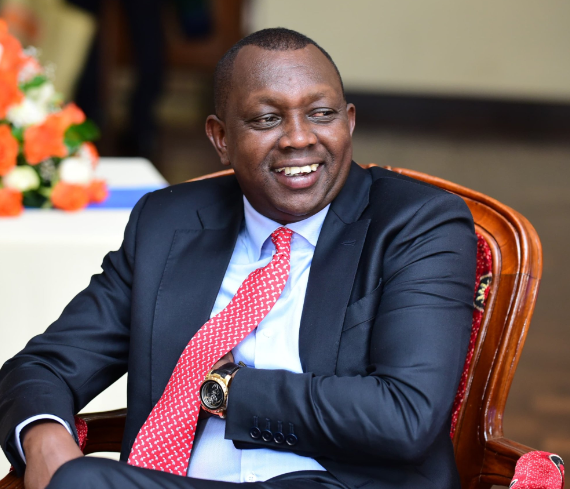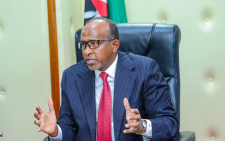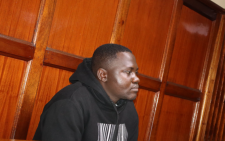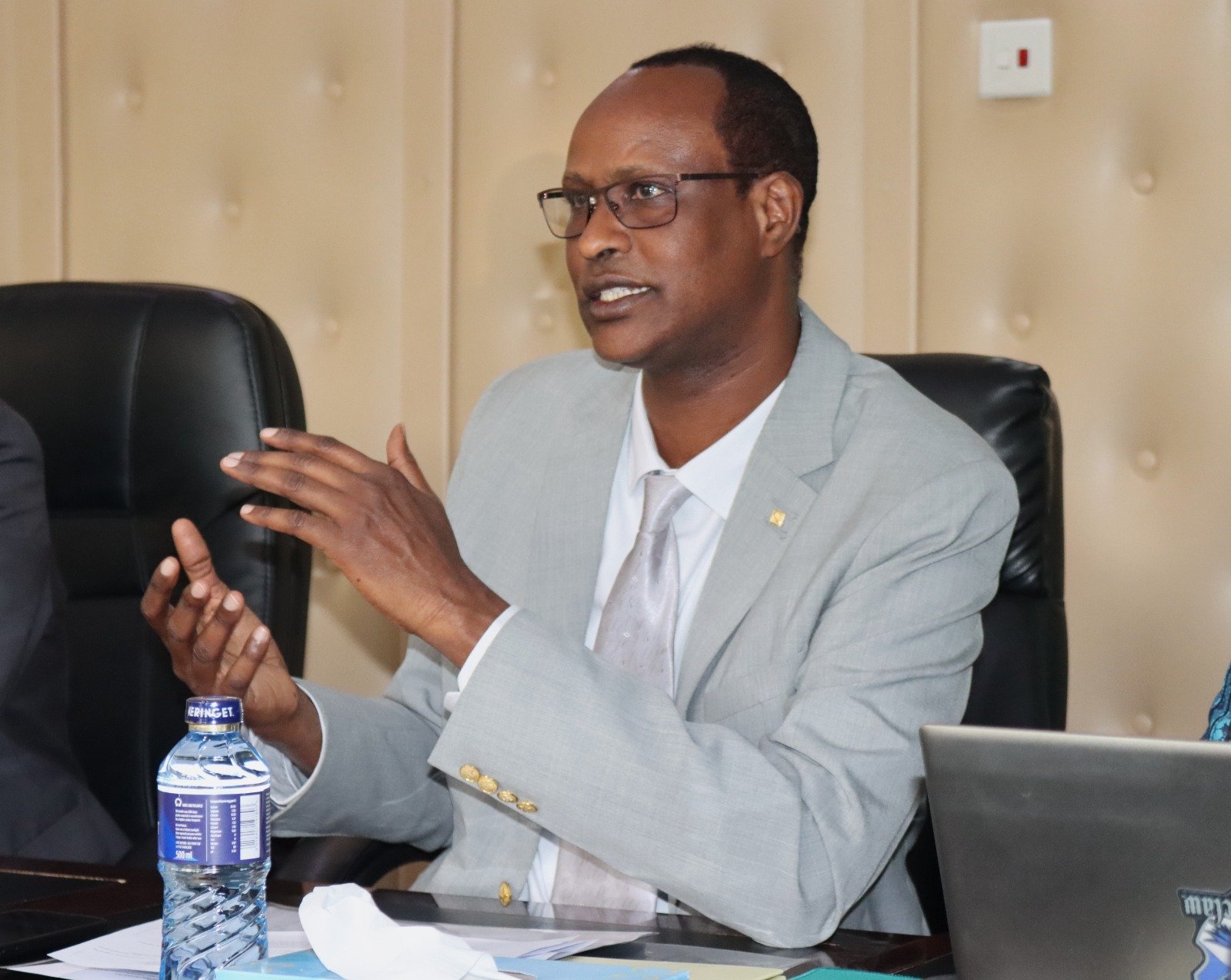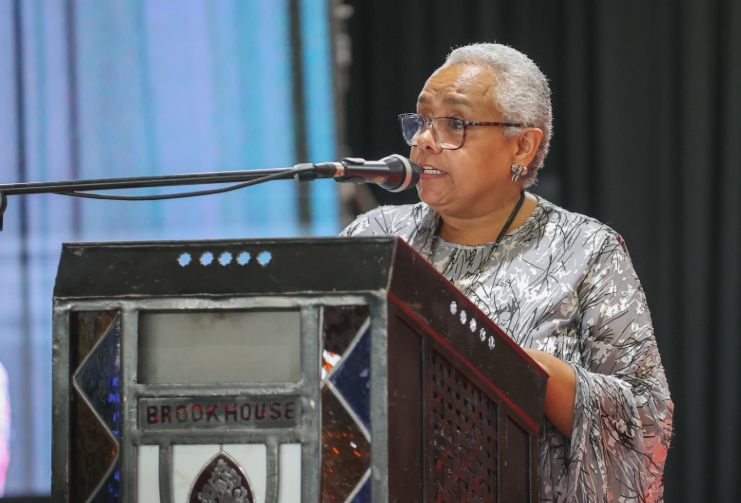President Uhuru, Raila not BBI Bill promoters, judges told
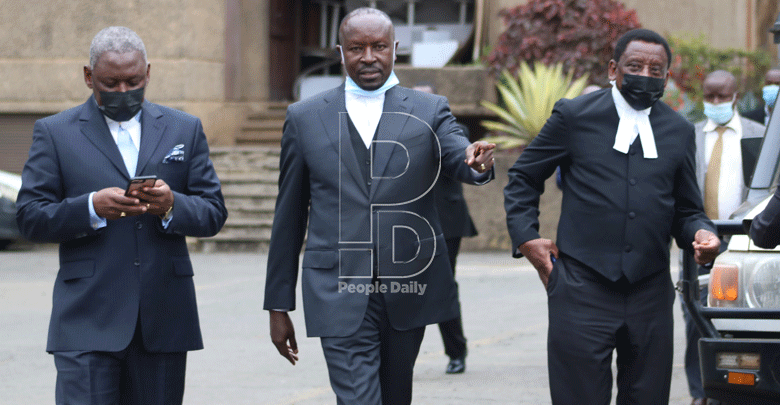
Bernice Mbugua @BerniceMuhindi
The role of President Uhuru Kenyatta and opposition chief Raila Odinga in the Building Bridges Initiative (BBI) yesterday came under scrutiny as their lawyers sought to distance them from the process.
Senior Counsel Otiende Amollo put up a spirited fight in his argument that while the two supported the initiative, they were not its main promoters.
The lawyer sought to discount a High Court declaration that the Executive, by extension the President, cannot spearhead constitutional changes through a popular initiative.
The court had also held that the initiative was driven by Uhuru and Raila, instead of ordinary citizens, christened Wanjiku.
According to Otiende, the initiative was promoted by Suna East MP, Junet Mohammed and BBI Secretariat co-chair Dennis Waweru.
Otiende, representing the BBI Secretariat and ODM leader Raila, told a seven-judge Court of Appeal Bench that President Kenyatta was not the initiator as indicated in the May 13, 2021, High Court ruling.
“Who are the promoters of BBI against all evidence which was not controverted, the promoters were Dennis Waweru and Junet Mohammed but the court insists that it was President Kenyatta,” he argued.
Otiende argued that the two were the ones who engaged with the IEBC and collected the signatures.
“IEBC accepted the Junet and Waweru initiative and were authorised to collect signatures from Kenyans…
They collected the signatures and submitted them to IEBC which did a letter to the counties and confirmed to them who the promoters of the BBI were,” he told the judges.
The lawyer was making his case before the judges hearing the BBI petition led by Court of Appeal President Daniel Musinga and Justices Roselyne Nambuye, Hannah Okwengu, Patrick Kiage, Gatembu Kairu, Fatuma Sichale and Francis Tuyoitt.
The judges are hearing a petition seeking to overturn the High Court decision declaring BBI “unconstitutional, null and void” in a marathon session set to end tomorrow.
Yesterday, President Kenyatta’s lawyers took to the stand to fight the High Court finding that he had violated the Constitution and that he can be sued as a person.
Also on the stand was the Independent Electoral and Boundaries Commission (IEBC) which put up a strong argument against the High Court judges’ declaration that the electoral body was improperly constituted and ought to have registered voters specifically for the anticipated BBI referendum.
The BBI case was heard by High Court justices Joel Ngugi (presiding), George Odunga, Jairus Ngaah, Chacha Mwita and Teresia Matheka.
In their ruling, the judges said any proceedings to amend the Constitution ought to be started either by Parliament or through a popular initiative.
“For the President to institute such amendments would be akin to granting him the roles of the promoter and referee, since, after beginning the process, he would “sprint to the finishing line to await and receive it and to determine its ultimate fate,” they said.
“A declaration is hereby made that the President does not have authority under the Constitution to initiate changes to the Constitution, and that a constitutional amendment can only be initiated by Parliament through a parliamentary initiative under Article 256 or through a popular initiative,” said the judgment.
However, yesterday, Otiende argued that in as much as the High Court insisted that President Kenyatta was the chief proponent of which he was not, anyone was allowed to support the initiative and that is what the President did.
Otiende observed that even though the President did not initiate the BBI process, nothing stops him from promoting a popular initiative.
“Anyone can campaign for any cause, so are these rights limited to exclude the President? It’s a misconception that the President can only go through Parliament that is not true,” he argued.
He said that there cannot be a conflict when the role is ceremonial, so the argument by the High Court that the role of the President as initiator would be in conflict was wrong.
He told the appellate justices that a report by the Justice and Legal Affairs Committee of the National Assembly in which he is a member had indicated that Junet and Waweru appeared before them as the promoters, noting that the BBI taskforce was only in place in 2018 and 2019.
During the proceedings, lawyers representing Uhuru argued that the President enjoys absolute immunity and cannot be sued while executing his official duties contrary to the declaration by the High Court.
Senior Counsel Waweru Gatonye, Mohammed Nyaoga and lawyer Kiragu Kimani asked the Appeal Court to set aside the BBI judgment, saying the President was acting under the authority given to him by the Constitution
The five High Court judges had ruled that the President can be sued in his personal capacity and not as the President of the Republic of Kenya and ought to have responded to the petition.
Absolute immunity
“Court proceedings can be instituted against the President or a person performing the functions of the Office of the President during their tenure of office in respect of anything done or not done contrary to the Constitution,” ruled the High Court.
But Gatonye, who has filed 17 grounds of appeal against the judgment, argued that the President could not have responded to the suit because he was not served.
“The judges did not ascertain whether the President was served. There is no evidence of service at all…
There has to be service on the person, there must be a return of service, in all the documents filed in this court, there is no evidence of return of service,” he said.
The lawyer further argued that the President was condemned unheard yet they had made a finding that he should have responded.
On the indictment of IEBC, former Attorney General Githu Muigai defended the commission, arguing that the judges’ finding that the electoral body lacked quorum was based on non-existed law.
Also in defence of the commission, the BBI Secretariat and Raila argued that the five-judge bench was wrong in imposing the demand for new voter registration.
Raila also faulted the High Court decision that delimitation of boundaries was the preserve of the IEBC.
“It is their argument that the judges pre-empted and usurped the people’s sovereign power exercised at a referendum,” the lawyers argued.
“The people’s mandate includes determining the merits, process and propriety of establishing the number and distribution of constituencies under the Constitution,” the Court of Appeal heard.
On Tuesday, IEBC was allowed by the judges to present new evidence, which was a gazette notice showing it had been conducting continuous voter registration.
The Attorney General, who made his submissions on Tuesday, claimed that the IEBC has no say at all in determining the creation of new constituencies as was ruled by the High Court judges who shot down the BBI process.
Uhuru and Raila, key proponents of the push to amend the Constitution, are seeking to convince the Court of Appeal to clear the road for a referendum on BBI.
Lawyers for respondents in the case, including Law Society of Kenya President Nelson Havi, former Cabinet minister Martha Karua and Dr John Khaminwa are today lined up to make their submissions in defence of the High Court decision.
